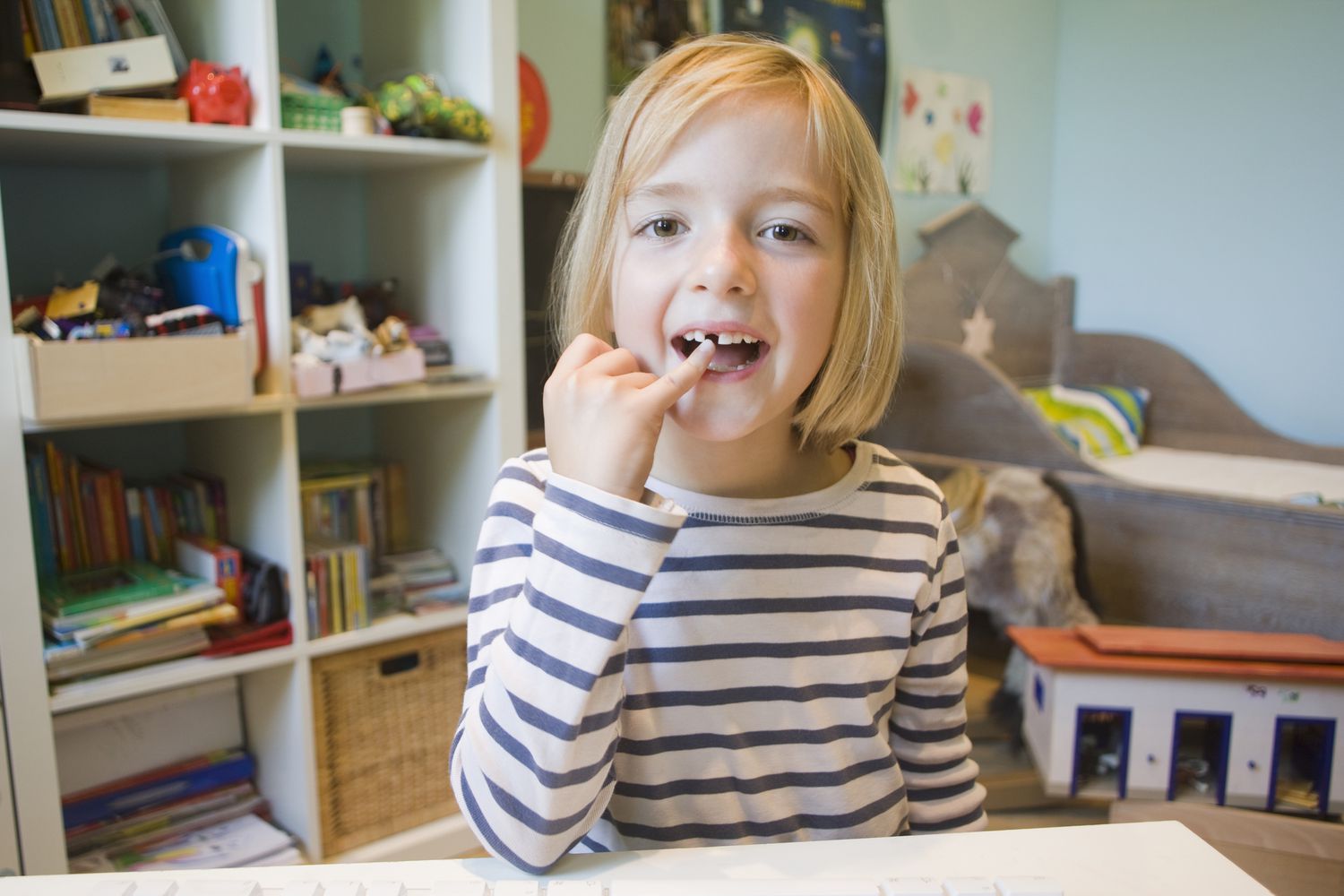One of the most delightful—and sometimes perplexing—aspects of parenthood is the exchange of stories with our children during daily routines. Whether it’s during the school run or at the dinner table, these conversations can offer surprising insights into their worlds. Recently, my child shared a tale that sparked a deeper reflection about parenting choices and societal norms.
The Tooth Fairy Dilemma
While driving home from school, my child excitedly recounted how a friend received an American Girl doll from the tooth fairy. My initial reaction was a mixture of disbelief and amusement—how does a mythical creature fit a $100 doll under a pillow? This humorous moment soon turned into a serious discussion about what this expectation means for our kids and their understanding of rewards.
Questioning the Norms
As a parent, it’s natural to question what influences shape our children’s perceptions of normalcy. My child’s bewilderment about receiving only a dollar for a lost tooth compared to the extravagant gifts their peers enjoy leads to uncomfortable discussions about fairness and entitlement. When children see their friends receiving lavish rewards, they begin to assume such gifts are standard, altering their expectations.
This raises a fundamental question: how do we communicate the values of hard work and gratitude in a culture that often seems to prioritize materialism? As we navigate these conversations, it’s crucial to clarify that while some families may celebrate milestones with grand gestures, that doesn’t reflect our values or practices.
The Impact of Peer Influence
It’s fascinating—and a bit daunting—to observe how peer influence intensifies as children grow. The parenting choices of others, like allowing personal iPads at young ages or lavish birthday parties, can inadvertently put pressure on our own parenting styles. As a parent, my goal is to teach my children the value of appreciation over entitlement.
We must remember that our parenting choices are foundational in shaping how our children view the world. Encouraging them to be grateful for what they have, rather than comparing themselves to others, is essential in fostering resilience and humility. It’s about creating an environment where they understand the joy in simple things.
Balancing Values with Reality
In discussions about the tooth fairy and extravagant gifts, I aim to emphasize that happiness doesn’t come from material possessions. Instead, it stems from love, friendships, and experiences. A child receiving a doll from the tooth fairy might feel special, but it’s the relationships they build and the lessons they learn that will define their character.
To drive this point home, I often recount personal stories where the best memories didn’t involve expensive gifts. Whether it was camping under the stars or baking cookies together, these moments are priceless. They teach kids that life’s richness comes not from monetary value but from shared experiences and cherished memories.
Teaching Life Skills Through Lessons
As we reflect on our children’s expectations, it’s vital to convert these discussions into teachable moments. We can illustrate that working for something, whether it’s saving up for a desired toy or helping with chores, builds character and a sense of achievement. This approach fosters an understanding that rewards come from effort and responsibility.
We can also encourage our kids to reflect on their feelings when they see their friends receiving more than they do. Teaching them empathy and the ability to appreciate their circumstances will empower them in the long run. Discussing these feelings openly will help them understand that everyone has different situations and values, and that’s perfectly okay.
Moving Forward with Intention
In the end, our parenting journey is about striking a balance between fostering ambition and gratitude in our children. While it’s easy to feel overwhelmed by societal pressures and the need to keep up with others, we must remember the power of our influence as parents.
Our role is to guide our children through these challenging waters, helping them navigate friendships, expectations, and the occasional disappointment. By imparting lessons of gratitude, empathy, and resilience, we can ensure that they grow into well-rounded individuals who appreciate the true gifts of life—those that cannot be wrapped or bought.
By encouraging open discussions about values and expectations, we can raise children who find joy and fulfillment in the simple things. And while the tooth fairy may remain a source of wonder, let’s aim to provide the real magic—love, understanding, and the beauty of life’s little moments.
